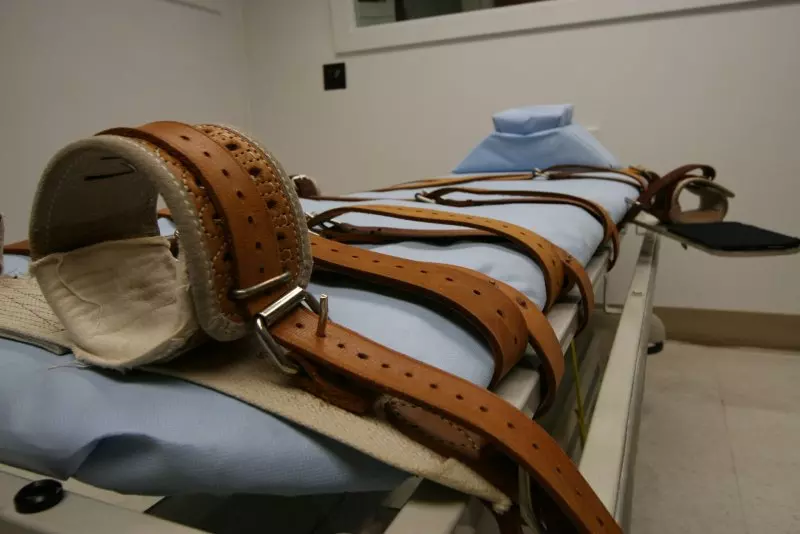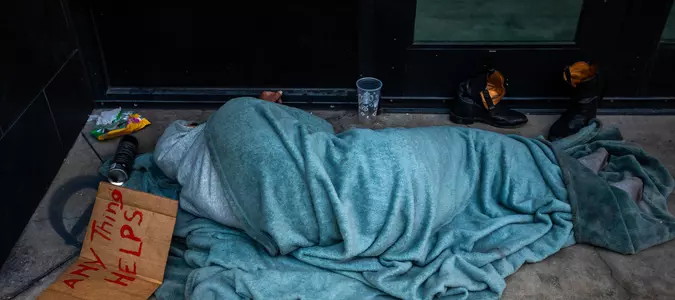

Florida man convicted of killing 3 in 1990 set to die Wednesday
David Pittman is scheduled to be executed Wednesday in Florida barring a last-ditch attempt to save his life after he was convicted in the 1990 murders of three family members.

David Joseph Pittman is slated for execution at Florida State Prison in Raiford at 6 p.m. EDT if his last appeal fails in the U.S. Supreme Court. Image courtesy of Florida Department of Corrections UPI
Sept. 17 (UPI) -- A Florida man convicted more than 30 years ago in the murder of three Mulberry residents is scheduled to be executed Wednesday.
David Joseph Pittman is slated for execution at Florida State Prison in Raiford at 6 p.m. local time if his last appeal fails in the U.S. Supreme Court.
In 1991, Pittman was convicted of the 1990 murders of three members of his former wife's family in Mulberry after he set their house on fire.
According to officials, the bodies of 60-year-old Clarence Knowles was located in the living room of the home. His wife, Barbara Knowles, 50, was found in a hallway and their 21-year-old daughter Bonnie Knowles in a bedroom.
Pittman would be Florida's record 12th execution this year after the state's high court denied his appeal for a stay last Wednesday. That appeal had been made on grounds of intellectual disability.
Many elected officials and anti-capital punishment advocates throughout the United States have been calling for an end to capital punishment recently.
Scores of religious leaders and U.S. veteran groups have argued that, despite convictions and the penalty's finality, it's still a manifestly cruel and unfair punishment in Florida in many current cases.
On Thursday, Pittman's attorneys filed a petition with the nation's high court in Washington, D.C., to review Florida's Supreme Court denial.
Meanwhile, the group Floridians for Alternatives to the Death Penalty argued that Pittman grew up in "extreme poverty" with a mother who "gleefully admitted" to whipping him with a belt from the time he was 4-years-old, they said, adding, "sometimes every day."
"His family could not afford to continue the psychiatric treatment he needed. Violence, neglect, and hardship shaped his childhood long before the state ever called him 'defendant,'" they told The Ledger.
















